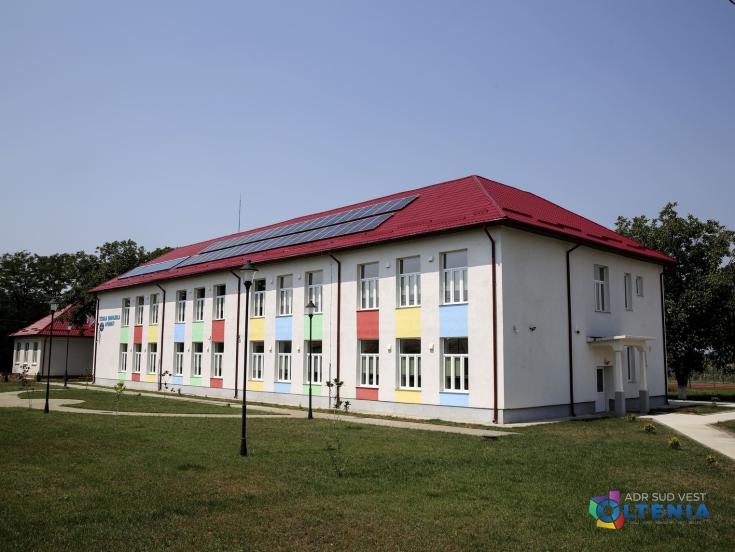Greening Our Future: Energy Efficiency Challenges
Europe is facing the relentless impacts of global warming, evident in the escalating temperatures, shifting precipitation patterns, and intensified extreme weather events. These environmental shifts are not just surface-level concerns; they permeate through ecosystems, impacting biodiversity, water resources, agriculture, public health, and the economy at large. In the Mediterranean regions, susceptibility to drought is heightened, while Northern Europe braces for increased rainfall.
Similarly, Romania finds itself grappling with the far-reaching effects of global warming. The country experiences significant temperature variations, a surge in the frequency and intensity of heatwaves, and notable alterations in precipitation regimes. These changes have direct ramifications on various sectors, including agriculture, water resources, biodiversity, and public health.
Amidst these challenges, the urgent need for adaptation and mitigation measures becomes increasingly apparent. Particularly in the construction sector, where public buildings with low energy efficiency significantly contribute to the exacerbation of global warming. These buildings, characterized by inadequate insulation, outdated heating and cooling systems, and insufficient energy controls, not only consume energy resources but also discharge excessive CO2 emissions and other greenhouse gases, compounding the climate crisis.
Recognizing the severity of this situation, the South-West Oltenia Regional Development Agency has launched an initiative aimed at bolstering the energy efficiency of public buildings. This ambitious project, funded through the European Regional Development Fund, forms a cornerstone of the South-West Oltenia Regional Program 2021-2027. With a budget of 132,278,530 euros, the call for proposals attracted widespread interest, garnering 77 project submissions that far exceeded the initial financial allocation.
This enthusiastic response underscores both the community's eagerness for transformative change and the financial hurdles associated with sustainable development. The selected projects, characterized by their commitment to combatting climate change and promoting sustainability, exemplify the effective utilization of non-repayable grants and mark a significant step towards a more environmentally-conscious future.
The benefits of enhancing energy efficiency in public buildings are multiple. Apart from reducing CO2 emissions and mitigating global warming, these efforts also translate into lower operational costs, improved comfort for building occupants, stimulation of innovation, and job creation in the burgeoning green technology sector. By embracing sustainable technologies and adhering to stringent energy efficiency standards, Romania can propel itself towards a greener, more resilient future.
In essence, the quest to bolster energy efficiency in public buildings represents a pivotal strategy in the fight against global warming. It serves as a poignant reminder of the transformative potential of collective action and underscores the profound impact of sustainable initiatives in shaping a more sustainable and prosperous future for Europe and Romania alike.

